The United Nations Children’s Fund (UNICEF) has raised concern over the slow progress of exclusive breastfeeding in Nigeria, revealing that 26 out of the country’s 36 states lack essential breastfeeding-friendly policies, including paid maternity leave, workplace childcare facilities, and designated breastfeeding breaks for working mothers.
The revelation was made during a virtual media dialogue organised to mark World Breastfeeding Week (WBW), observed globally from August 1 to 7. This year’s theme, “Prioritise Breastfeeding: Create Sustainable Support Systems,” emphasises the need for robust support structures to encourage breastfeeding practices across Nigeria.
UNICEF disclosed that only 10 states — Lagos, Kwara, Ekiti, Oyo, Cross River, Kaduna, Niger, Ondo, Enugu, and Plateau — have adopted the six-month paid maternity leave policy in line with international standards. The absence of similar policies in the remaining 26 states leaves millions of working mothers without the support required to sustain breastfeeding, which is critical for infant survival and development.
In her opening remarks, UNICEF’s Chief of Field Office in Enugu, Mrs. Juliet Chiluwe, said that despite the proven benefits of breastfeeding for both infants and mothers, many workplaces in Nigeria — both formal and informal — still lack the enabling environment to support breastfeeding mothers.
“Breast milk is the first vaccine a child receives,” Chiluwe stated. “It is a perfect source of nutrition, boosts cognitive development, and protects against childhood illnesses. Breastfeeding also benefits mothers by reducing the risk of certain cancers and Type 2 diabetes.”
She noted that breastfeeding is not just a health issue but also an environmentally friendly and cost-effective feeding practice that must be better supported in policy and practice.
Echoing her sentiments, Dr. Ijeoma Onuoha-Ogwe, UNICEF Communication Officer in Enugu, cited the Nigeria Demographic and Health Survey (NDHS) 2023–2024, which shows that while more than 90% of Nigerian women breastfeed at some point, only 36% initiate breastfeeding early, and just 29% practice exclusive breastfeeding for the first six months.
“This is a significant gap that threatens child survival and growth,” Onuoha-Ogwe said, calling for improved training for healthcare workers and the enforcement of supportive workplace policies, such as flexible schedules and lactation breaks.
The Director-General of the Broadcasting Corporation of Abia State (BCA), Francis Nwubari, stressed the critical role of the media in amplifying the breastfeeding campaign. “The media must drive awareness and advocacy,” he said. “Without the media, critical information on breastfeeding cannot be effectively disseminated.”
In a presentation on media responsibility, Dr. Hilary Ozoh urged media professionals to embrace agenda-setting and status-conferral roles to help shift public perception and policy focus.
“Investing in breastfeeding is investing in Nigeria’s future. Healthier, smarter children today will lead to a more prosperous nation tomorrow,” Dr. Ozoh concluded.
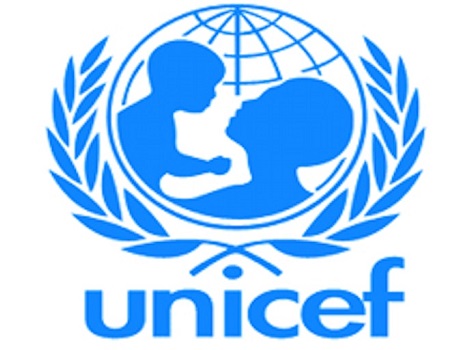





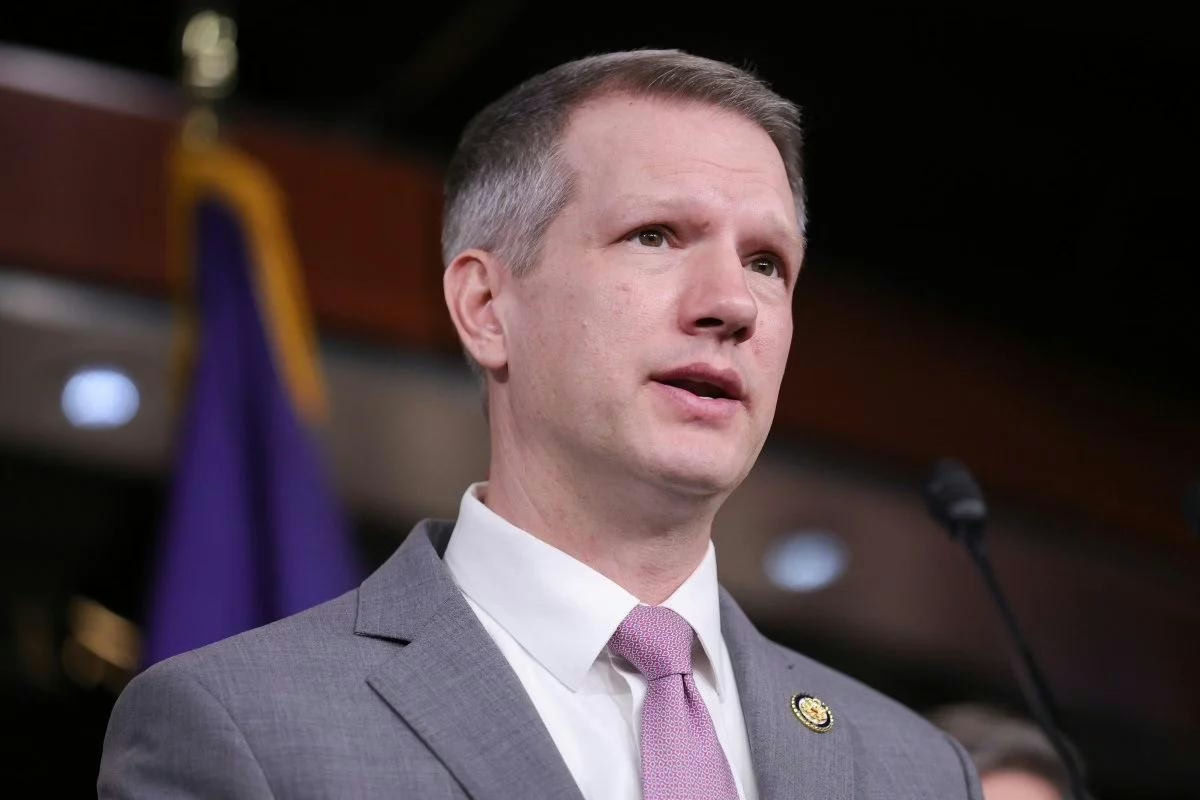
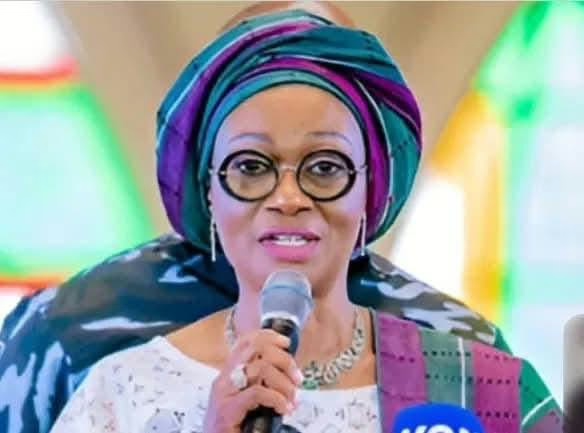
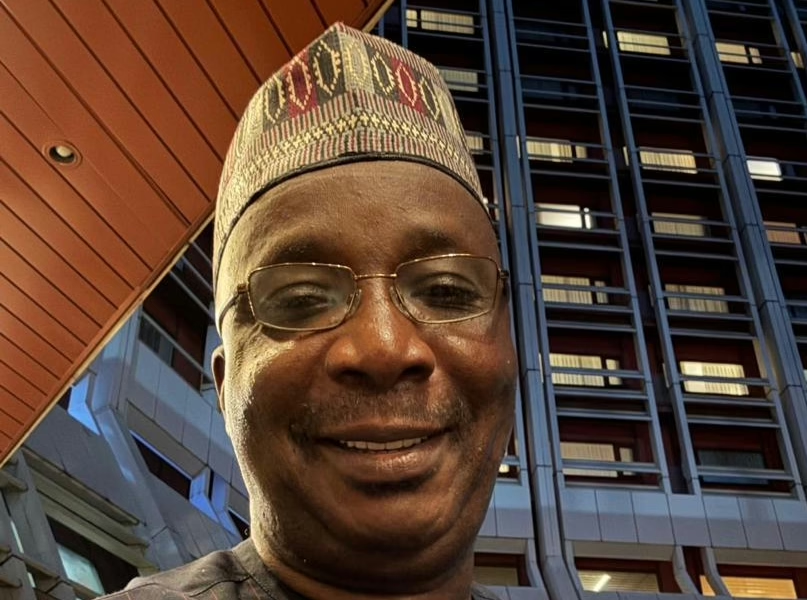
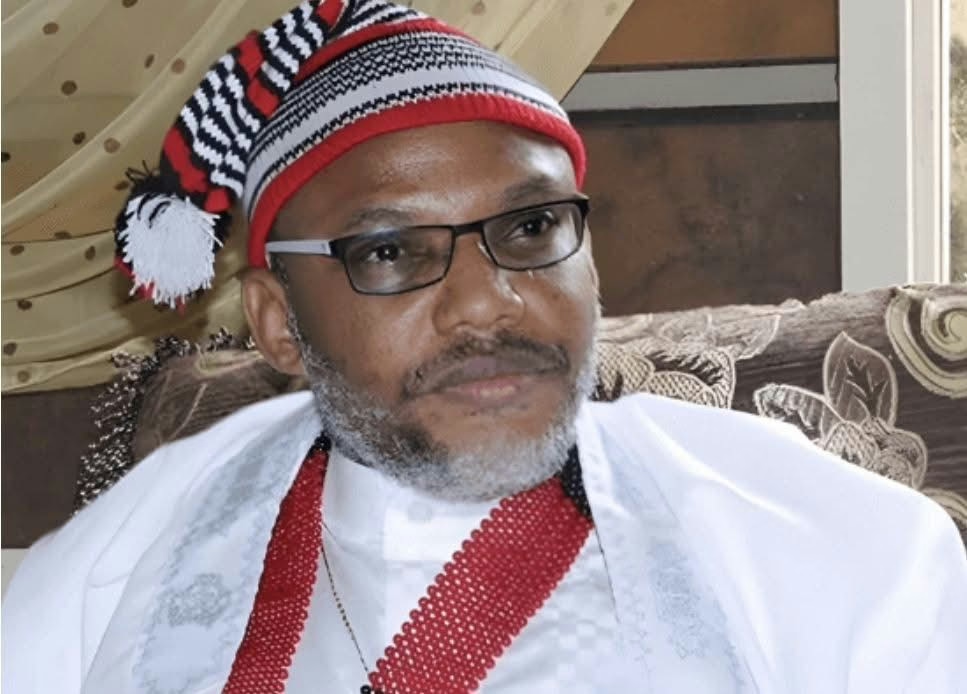

Leave a Reply